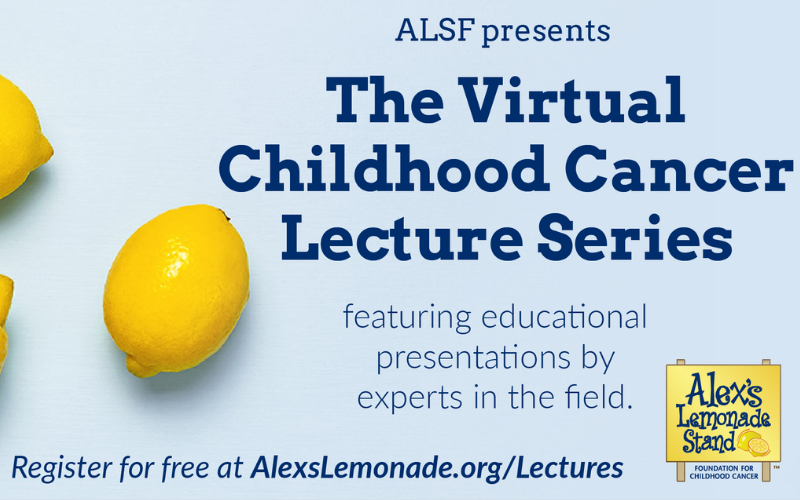
By: Erin Weller
Can a fish really serve as a sufficient model for studying sarcomas?
It may sound like an unusual proposition, but Dr. Genevieve Kendall finds research using zebrafish to be a promising area of investigation that could yield a significant breakthrough for these under-researched forms of cancer.
There are microanatomical and genetic similarities between the type of tumors developed in zebrafish and humans. This means they can serve as an accurate model for treatment testing or improving the overall understanding of fusion-positive sarcomas.
Through this study, researchers can learn more about what drives tumor development and potential therapeutic applications. Combining their new information with previous knowledge of rhabdomyosarcoma may lead to the discovery of an effective drug, functional genomes or personalized medications.
In this lecture, Dr. Kendall delves deeper into what she has learned and what she hopes to uncover from modeling these fantastic fish.
To watch the full lecture, click here.
Genevieve C. Kendall, PhD, is a principal investigator in the Center for Childhood Cancer and Blood Diseases and an assistant professor in the Department of Pediatrics at The Ohio State University College of Medicine. Dr. Kendall received her bachelor’s degree in Cell and Molecular Biology at Texas Tech University where she was a Howard Hughes Medical Institute Undergraduate Research Fellow. She obtained her Ph.D. in Molecular Biology at the University of California, Los Angeles (UCLA), before performing her postdoctoral studies focused on pediatric oncology with Dr. James Amatruda at The University of Texas Southwestern Medical Center.
Alex’s Lemonade Stand Foundation (ALSF) presents The Virtual Childhood Cancer Lecture Series, featuring educational presentations by experts in the field. These free lectures will be of interest to scientists, especially those involved in childhood cancer research and to childhood cancer advocates. Each lecture will feature a 30-60 minute webinar which will include a Q&A period, with esteemed researchers, scientists, physicians and professors who will speak about an interesting topic.
Sign up for email announcements regarding future lectures here.
If you have any questions about the lecture series, or if there is a topic you would like to hear about, please let us know by emailing J.OMalley@AlexsLemonade.org.

